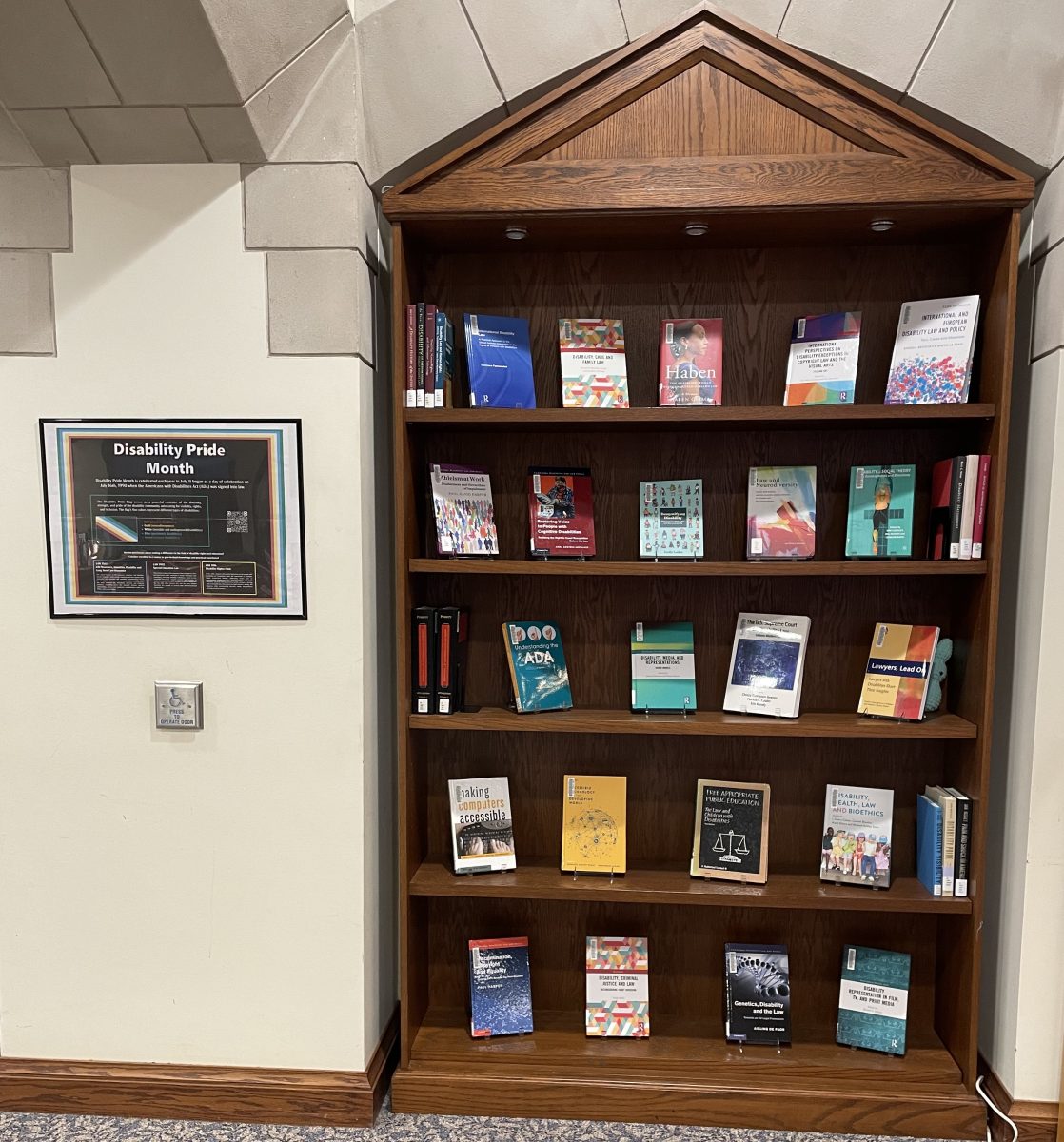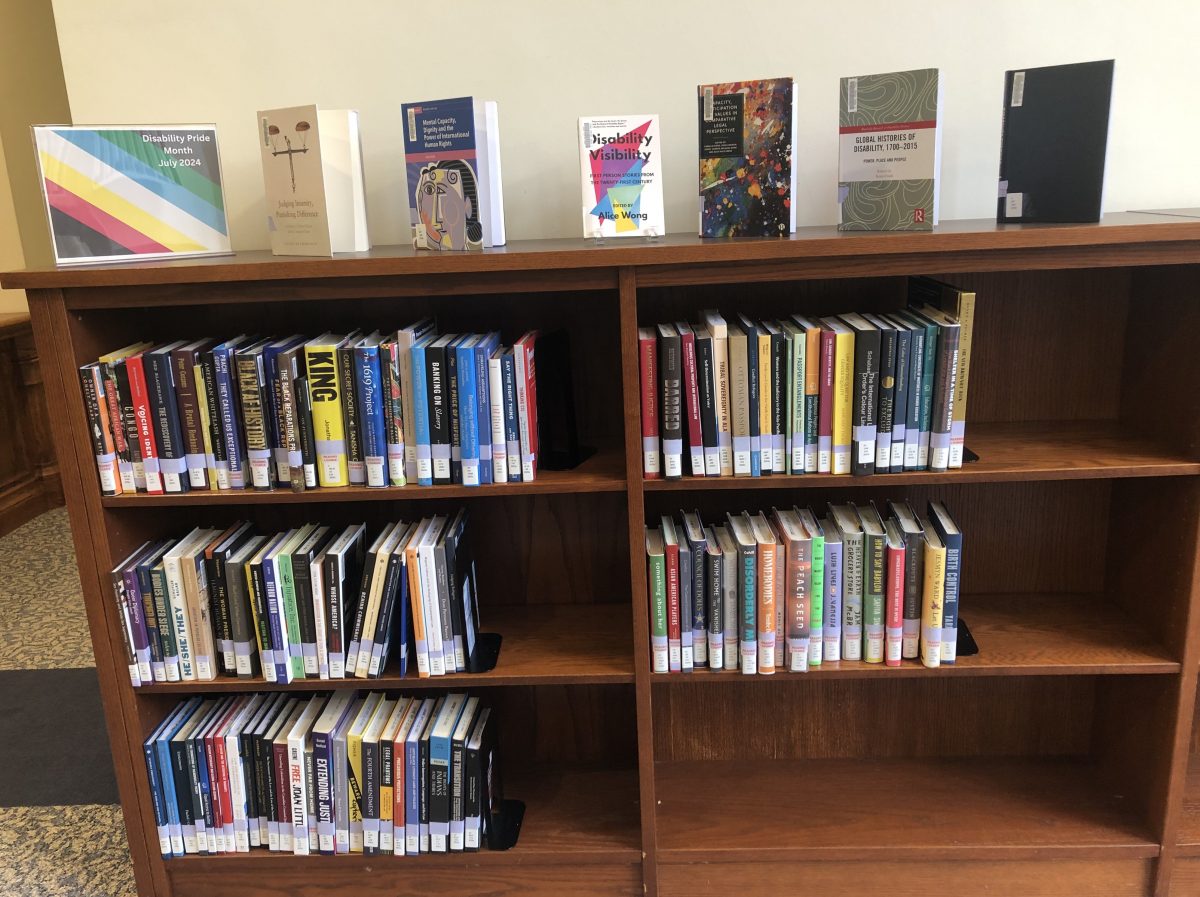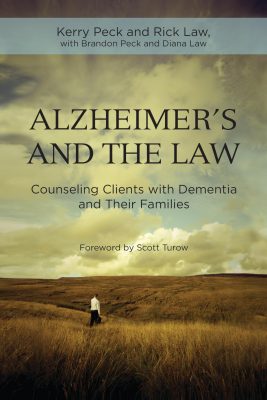UConn Law Library’s July tribute to Disability Pride shifts to focusing on the crucial role of lawyers specializing in disability law as advocates for justice and equality. There is a growing demand for lawyers that have specialized knowledge in the area of disability law. Disability law encompasses a broad spectrum of issues, and navigating these legal landscapes can be daunting for individuals with disabilities and their families. Lawyers that are interested in making a different in the field of disability rights and education are in high demand, thus understanding disability law in contemporary legal practice and highlight the growing demand for specialized knowledge in this area.
If you are passionate about making a difference in the field of disability rights consider enrolling in the following courses at UConn Law to gain in-depth knowledge and practical experience:
Law 7416 – Disability Rights Clinic
In this clinic students will provide legal advocacy for people with disabilities in Connecticut under the supervision of Disability Rights Connecticut (DRCT) attorneys, addressing such issues as disability discrimination in housing, employment, services and activities provided by governmental entities, and public accommodations; access to healthcare; individual rights; civil and criminal mental health law; abuse and neglect; and special education. DRCT’s legal work includes both individual client representation and systemic-reform advocacy. Students will also participate in a weekly seminar in which they will receive training in substantive disability law as well as advocacy skills needed to represent people with disabilities. These skills include client interviewing and counseling; legal research; legal writing; civil litigation; and alternative dispute resolution. Students will also learn to incorporate principles of diversity, equity and inclusion in their legal representation of clients with disabilities, and to identify and resolve potential ethical issues that may arise in the course of representing such clients.
Law 7563 – Life Insurance, Annuities, Disability and Long Term Care Insurance
This course focuses on life insurance, annuities, and disability income insurance, which provide financial protection against risks associated with mortality and morbidity, supplementing Social Security benefits. It covers various insurance types, including whole life, term, universal life, immediate, deferred, and longevity annuities, examining issues like insurable interest, medical underwriting, privacy, and regulatory considerations under tax, ERISA, and securities laws.
Law 7905 – Special Education Law
This seminar will review the evolutionary process by which the civil right to receive a free and appropriate public education has been expanded to include people with disabilities. The class will discuss issues such as the standards used to define “disability,” physical access to schools and other buildings/grounds, appropriate classroom instruction, the provision of ancillary services in the least restrictive environment, and topics such as discipline and safety in the special education setting. The readings and discussions will include cases involving special education, the Americans with Disabilities Act, the Individuals with Disabilities Educational Improvement Act, Section 504 of the Rehabilitation Act, Every Student Succeeds Act, pending legislation, and a review of the international perspective toward special education and related services.
These courses offered through UConn Law are the first step in becoming advocates for justice and equality for all.








